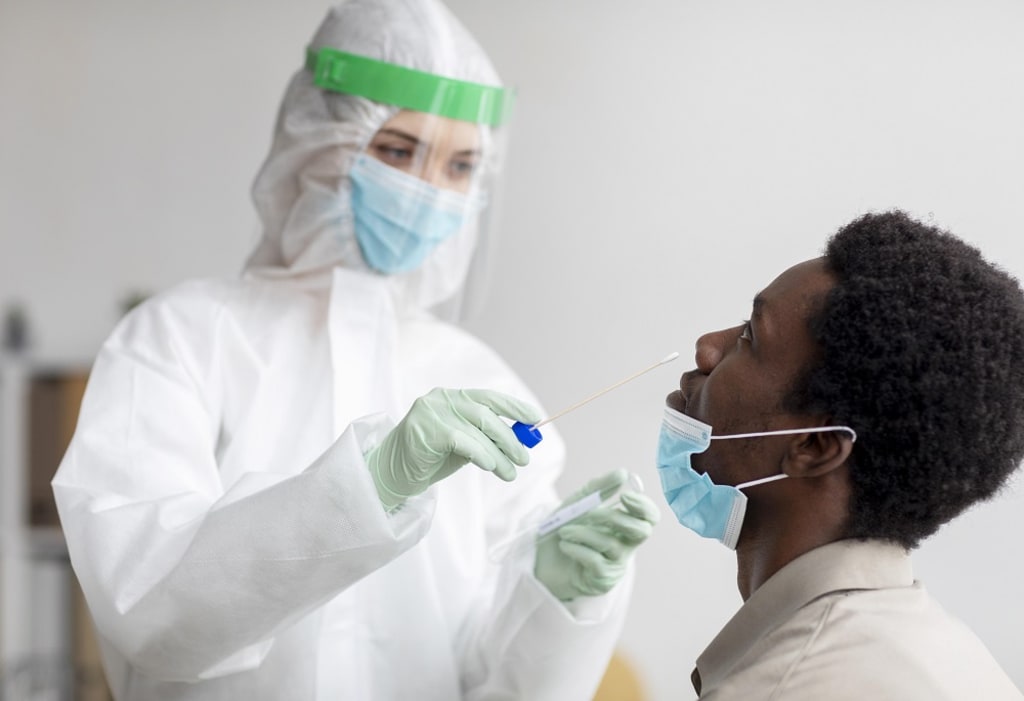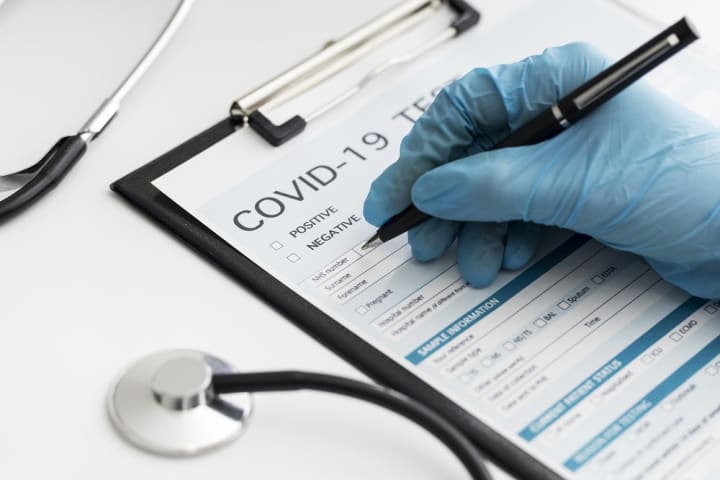Type Of COVID-19 Tests: What Should You Know?
Thanks to the medical facility and development, we have developed Coronavirus tests that help detect the virus. Social distancing, washing hands, and masks are a must to curb this virus's growth.

If there is one thing that has impacted our lives like never, it is the coronavirus. A deadly disease that started with one nation has now every country’s citizen in its trap. From losing lives, failing the medical system, and medical emergencies like never, the coronavirus has left everyone wondering about the future and the end of this deadly virus.
Thanks to the medical facility and development, we have developed Coronavirus tests that help detect the virus. This blog highlights some of the key COVID-19 tests and their key features.
COVID-19 Tests:
Need of the Hour: This helps in administering the right treatment at the right time. There are different types of COVID-19 tests available, and some of the prominent ones are discussed below:
Molecular (RT-PCR) Tests – One of the common tests for coronavirus infection is RT-PCR. This method of testing detects the RNA of the virus. The RNA is converted into the DNA using a reverse transcript enzyme. The PCR then detects the DNA, and hence, we have the name of this test as RT-PCR. It is also known as the nucleic acid amplification test (NAAT). Basic steps of RT-PCR:
- First, the sample is taken from the nasal and/or throat swab
- You can get the result of this test the same day or within 2-3 days
When it comes to the accuracy of the test, COVID-19 RT-PCR gives accurate results. This test shows active coronavirus infection. However, you must know that a negative RT-PCR is not a guarantee that the person will never get infected with the virus. RT-PCR will also not be able to show if one was ever infected with the coronavirus in the past. If you test positive, then you will be advised to take further tests to determine the severity and to check if it requires to admit you to the hospital or put you under home isolation.

COVID-19 Antigen Tests – This test identifies if the person has been infected by the antigen related to the COVID-19 virus. It is also known as a rapid antigen test and provides faster results than the RT-PCR. But one of the drawbacks of this test is that there is a higher probability of missing an active infection. To perform this test, the healthcare service provider will take a nasal or throat swab. The assessment of these tests takes only 1 hour or even less.
COVID-19 Antibody Tests – The next common COVID-19 test used to detect coronavirus infection is the antibody test, or it is also known as the serology test. This test checks the antibodies in your blood and if the antibodies are found that means you were infected with coronavirus in the past.
To perform these tests, a blood sample is taken, and the result for the test is usually available within a day or two. Sometimes the doctor may recommend a second serological test to get a more accurate result. This test will not be able to show if the person has an active virus infection.
In case you notice symptoms like cold, cough, or fever, then the doctor will recommend suggestive medicines, and in case the infection is still not under control, you will be hospitalized. This case usually arises with aged people who have other underlining medical cases like diabetes, heart-related illness, asthma, etc., or when the person has loss of smell and taste or breathlessness.
Bottom Line
This was the basic information about the COVID testing. Make sure that you take the necessary precautions and care. In case a person is infected and has mild symptoms, they must be isolated. Social distancing, washing hands, and masks are a must to curb this virus's growth.
About the Creator
Alyssa Moylan
Alyssa Moylan is an ordinary woman from Australia, a writer by day and a reader by night. She writes on various topics like home improvement, business, lifestyle, health, travel and fashion.






Comments
There are no comments for this story
Be the first to respond and start the conversation.